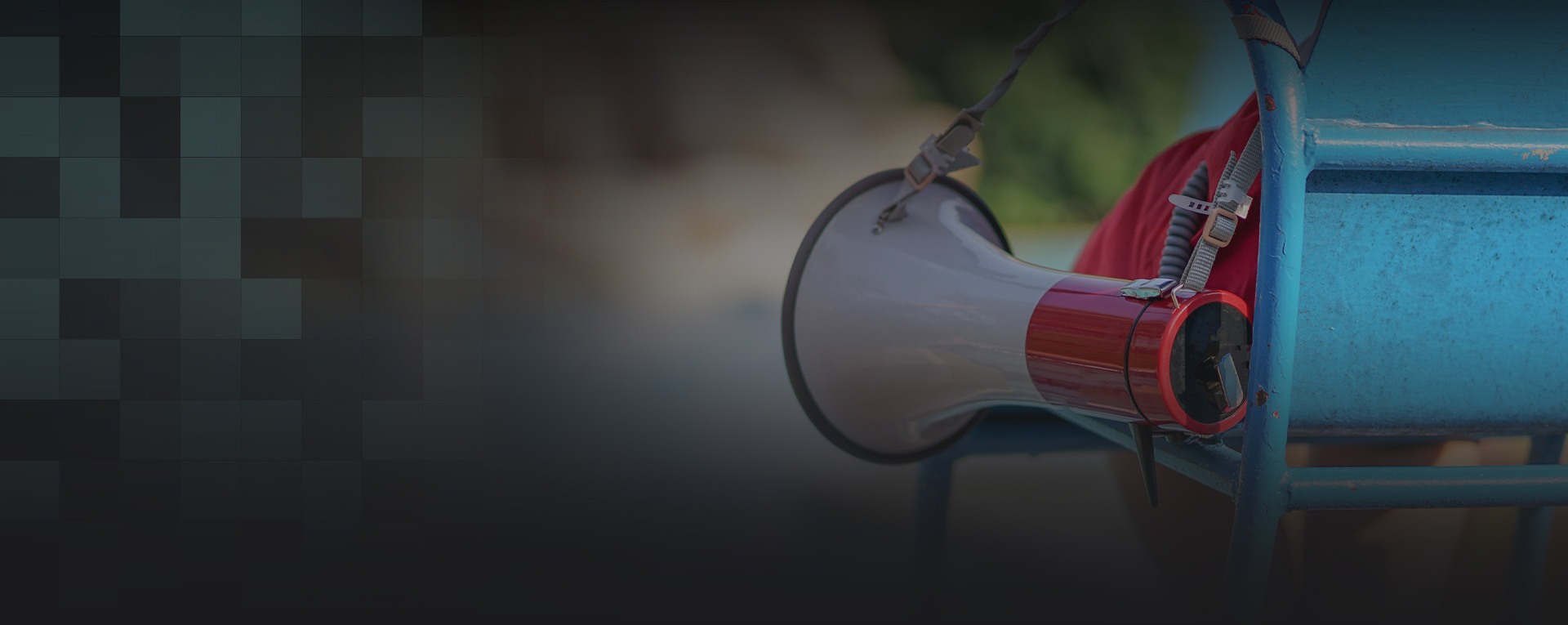
Houston Swimming Pool Accident Attorney
Advocating for Swimming Pool Accident Victims in Houston, TX
Swimming pool accidents can result in serious injuries and fatalities. Many of these incidents involve children who are swimming in residential pools. Swimming pool accidents can also result in catastrophic injuries, such as brain damage caused by a lack of oxygen to the brain.
If you or someone you love has been injured in a swimming pool accident, you can seek compensation for your losses. Our Houston swimming pool accident lawyer at The Doan Law Firm, PLLC, can help you file a claim and fight for a fair settlement.
Call The Doan Law Firm, PLLC today at (800) 349-0000 or contact us online to schedule a meeting with our swimming pool accident attorney in Houston!
Texas Pool Safety Laws
In Texas, pool safety laws are designed to protect children and others from accidental drownings and injuries. These laws apply to residential and public pools, and they include specific requirements for fencing, gates, pool covers, and supervision. Here's an overview of key pool safety regulations in Texas:
Residential Pool Safety Laws
- Fencing Requirements: Pools must be enclosed by a fence that is at least 48 inches (4 feet) high. The fence must be constructed in a way that prevents climbing (e.g., no horizontal slats that can be used as a ladder). There must be no gaps larger than 4 inches between vertical slats or under the fence.
- Gates: Gates providing access to the pool must be self-closing and self-latching. Latches must be placed at least 54 inches above the ground or otherwise secured to be inaccessible to small children.
- House as a Barrier: If a house forms part of the pool enclosure, any doors leading directly to the pool area must have:
- Alarms that sound when the door is opened, or
- Self-closing and self-latching mechanisms, or
- A power safety cover over the pool.
- Local Ordinances: Cities and counties may adopt stricter requirements than the state. Always check with your local building code or city ordinances.
Public Pool Safety Laws
Public pools must follow Texas Department of State Health Services (DSHS) regulations, which include:
- Lifeguards & Safety Equipment: Pools must have adequate signage and may be required to have lifeguards or at least life-saving equipment (e.g., life rings, reaching poles).
- Drain Safety (Virginia Graeme Baker Act): All pools must have anti-entrapment drain covers to prevent hair or body entrapment in drains.
- Water Quality & Maintenance: Regular testing and maintenance of pool water is required to maintain safe chemical levels and sanitation standards.
- Signage: Warning signs, depth markers, and "No Diving" indicators must be clearly visible.
Enforcement & Penalties
Violations of pool safety laws can result in fines, legal liability, or even criminal charges if negligence leads to injury or death. For residential pools, noncompliance may also impact homeowners' insurance or real estate transactions.
Common Causes of Swimming Pool Accidents
A swimming pool accident is any unplanned and harmful event that occurs in or around a swimming pool and results in injury, illness, or death. These accidents can involve a variety of hazards, such as water, wet surfaces, pool equipment, and the pool environment itself.
The common types of swimming pool accidents include:
- Near-drowning: Instances where a person struggles to breathe due to submersion but is rescued in time. A lack of oxygen can lead to serious health issues, like brain damage.
- Fatal Drowning: This occurs when a person is submerged for too long, leading to death. It is a leading cause of accidental death among children.
- Slips and Falls: Wet surfaces around the pool can be slippery, causing people to fall. These falls can result in cuts, bruises, fractures, or even head injuries.
- Diving Accidents: Diving into shallow water or improper diving techniques can cause serious injuries, including head, neck, and spinal cord injuries. These can lead to paralysis or other long-term disabilities.
- Entrapment: Swimmers, especially children, can get trapped by the suction of pool drains. Entrapment can lead to drowning or serious injuries like disembowelment if the suction is very strong.
- Chemical Exposure: Improperly balanced pool chemicals can cause skin irritations, eye injuries, and respiratory issues. High levels of chlorine or other chemicals can be particularly harmful.
- Electrical Accidents: Faulty wiring or equipment near the pool can lead to electrocution. This is a significant risk in pools with underwater lights, pumps, and other electrical devices.
- Cuts and Bruises: Sharp edges, broken tiles, or debris in the pool area can cause cuts and bruises. If not treated properly, these can lead to infections.
- Waterborne Illnesses: Contaminated pool water can harbor bacteria and viruses, leading to gastrointestinal infections, skin rashes, and ear infections (e.g., swimmer’s ear).
- Overexertion and Hyperventilation: Swimmers may overexert themselves or practice hyperventilation to extend their underwater time, which can lead to losing consciousness and drowning.
- Horseplay and Roughhousing: Rough activities in and around the pool can result in accidental injuries, such as hitting the pool deck or another person.
Common Swimming Pool Injuries
Swimming pool accidents can cause a variety of injuries, including:
- Head and neck injuries
- Broken bones
- Soft tissue injuries
- Spinal cord injuries
- Electrocution injuries
- Swimming pool chemical injuries
- Cuts and lacerations
- Brain injuries
- Death
Can You Sue for a Swimming Pool Accident?
If you or a loved one has been injured in a swimming pool accident, you may be able to file a lawsuit against the at-fault party. You will need to meet with a swimming pool accident lawyer to determine if you have a case. During your consultation, your attorney will ask you several questions about your case, including:
- When and where did the accident occur?
- Do you have any evidence from the accident?
- Who do you think is responsible for the accident?
- What injuries did you suffer?
- What is your prognosis?
- How has the accident affected your life?
- Have you filed an insurance claim?
After reviewing this information, your attorney can let you know if you have a case. If you do, they will help you file a lawsuit and fight for a fair settlement.
Compensation Available for Swimming Pool Accident Victims
If you’ve been injured in a swimming pool accident, you may be eligible for financial compensation to help with your losses. Some of the most common forms of compensation include:
- Medical Bills: Covers emergency room visits, hospital stays, surgery, medications, rehabilitation, and future medical needs due to injuries.
- Lost Wages: If your injury caused missed work, you can seek compensation for lost time and potential future income if you cannot return to work fully.
- Pain and Suffering: Settlement for physical pain and emotional distress from the accident, which may persist for months or years.
- Permanent Disability/Disfigurement: Compensation for long-term disabilities or scarring affecting your quality of life.
- Wrongful Death: Surviving family members may seek compensation for funeral expenses, loss of companionship, and loss of financial support.
Texas Statute of Limitations for Swimming Pool Accident Claims
In Texas, swimming pool accident victims generally have a limited window of two years from the date of the injury to file a personal injury lawsuit. This time frame is known as the statute of limitations. If a claim isn’t filed within this period, you will unlikely be able to pursue compensation for your injuries. Exceptions to this deadline may apply depending on the specifics of your case, which is why it's essential to consult with a legal professional as soon as possible.
How Can a Swimming Pool Accident Lawyer Help Me?
You may be entitled to compensation if you have been injured in a swimming pool accident. However, getting this compensation can be challenging. This is why it is so important to have an experienced swimming pool accident lawyer on your side. Your lawyer can help you with every step of the legal process, including:
- Investigating the accident
- Gathering evidence
- Determining liability
- Calculating your damages
- Communicating with the insurance company
- Building a case
- Negotiating a settlement
- Filing a lawsuit
- Going to trial
After reviewing this information, your attorney can let you know if you have a case. If you do, they will help you file a lawsuit and fight for a fair settlement.
Contact Our Houston Swimming Pool Accident Attorney Today
Swimming pool accidents can have severe and lasting impacts on victims and their families. If you or a loved one has been injured due to unsafe conditions or negligence around a pool, seeking legal support is crucial. The Doan Law Firm, PLLC, can assist you in understanding your legal options, collecting evidence, and advocating for the compensation you're entitled to. Contact us today for a free consultation to begin your journey toward justice and recovery.
Contact The Doan Law Firm, PLLC today to schedule a meeting with our Houston swimming pool accident lawyer!


-
 Hear From Our Clients
Hear From Our Clients -
 Get To Know Us
Get To Know Us -
 Client Successes
Client Successes -
 Stay In The Know
Stay In The Know






